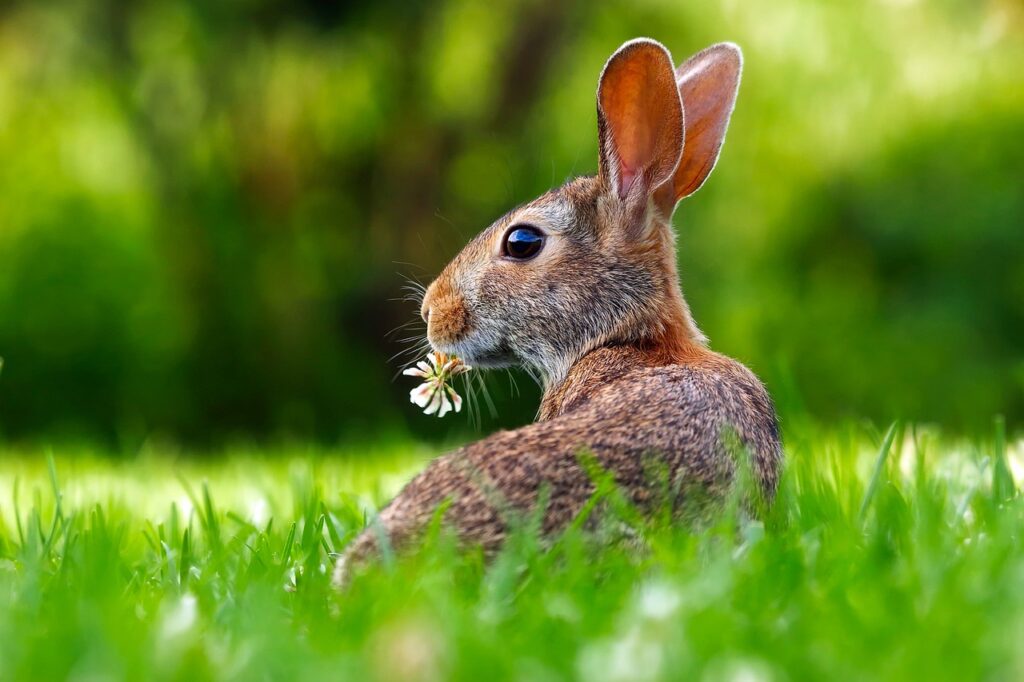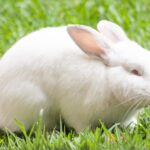Can Rabbits Eat Ivy?
Rabbits should not be fed ivy as it is not recommended for their diet. While ivy may be a common plant found in gardens, it can be harmful to rabbits if ingested. It is important to be aware of the potential dangers and health concerns associated with feeding ivy to rabbits.
The Dangers of Ivy for Rabbits
Ivy contains substances that are toxic to rabbits. Consuming ivy can lead to digestive issues or even more severe health problems. The toxins present in ivy can cause irritation or inflammation in the digestive system of rabbits, leading to symptoms such as diarrhea, bloating, or abdominal pain.
Symptoms and Reactions
If a rabbit consumes ivy, they may exhibit various symptoms or reactions. These can include decreased appetite, lethargy, or changes in their stool consistency. In some cases, more severe reactions may occur, such as difficulty breathing or even seizures. It is important to monitor rabbits closely after exposure to ivy and seek veterinary care if any concerning symptoms arise.
Safe Alternatives for Rabbits
Instead of ivy, there are several safe food options that rabbits can enjoy. Some examples include hay, fresh leafy greens (such as lettuce, spinach, or kale), and various fruits and vegetables (such as carrots or apples). These alternatives provide necessary nutrients for rabbits without posing any significant risks to their health.
Preventing Access to Ivy
To ensure the safety of your rabbit, it is crucial to prevent them from accessing ivy. This can be done by keeping rabbits away from areas where ivy is present or by creating physical barriers, such as fences or enclosures, to restrict their access. Regularly inspect your rabbit’s environment for any ivy plants and promptly remove them.
Conclusion
In conclusion, rabbits should not be fed ivy due to its potential dangers and health risks. Instead, offering them a balanced diet consisting of hay, leafy greens, and appropriate fruits and vegetables will help maintain their well-being. Keeping ivy out of their reach and providing them with safe alternatives ensures responsible pet care and protects their health.






